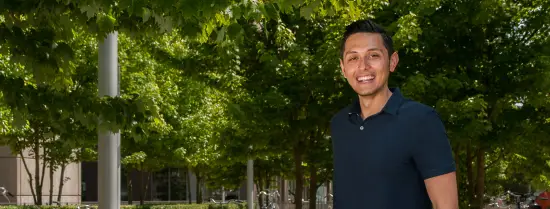Opportunities after graduating
Master in Sociology (MSc)
In a world shaped by science and technology, advanced and publicly relevant social science is needed to address the unequal ways in which people are affected by technological change, global warming or the flexibilization of employment. There is an urgent need for people able to understand the logic of how such issues and their publics emerge and evolve.
Whether you are part of a social movement trying to push an issue, or work as policy officer or in a company and are confronted with an issue, you are better equipped to address them when you understand how issues become public. That means you’ll learn to contextualize and dissect the interests at stake, the identities at stake in an issue, and the infrastructures and the forms of imagination of the future that make issues and their publics. To engage with issues ranging from the implications Big Data to the consequences of global migration, from the politics of climate change to transnational activism, companies, organizations and institutions are in need of generalists able to ‘broker’ public issues, and provide realistic courses of action for different stakeholders.
This is a state-of-the-art MSc in publicly relevant and critical social science, and it provides a solid basis for career opportunities in a variety of fields. Examples include:
- Strategist or policy officer at an NGO or community group engaged with issues ranging from climate change to technology and privacy;
- Journalist, media advisor or web editor for a variety of media outlets or companies;
- Researcher in academia, a public think tank or a social scientific advisory council;
- Consultant for governmental or non-governmental institutions;
- Researcher in a municipality or a ministry;
- Policy officer in a governmental institution.
After graduation
After completing this master programme you will be able to:
- Understand how people become engaged with contemporary issues and form a public
- Understand how knowledge, people’s identities and power are at stake in public issues
- Analyze the interests, identities, infrastructures and imaginaries that shape public issues
- Better intervene in public issues, based on an understanding of how public interventions are shaped
- Critically evaluate and dissect academic texts, policy statements, expert judgments and activists’ statements
- Work with diverse groups in society, with a better awareness of how your own background and identity shape your engagement with public issues
- Present your insights and contribute to engaged discussions and struggles over publicly contested issues

